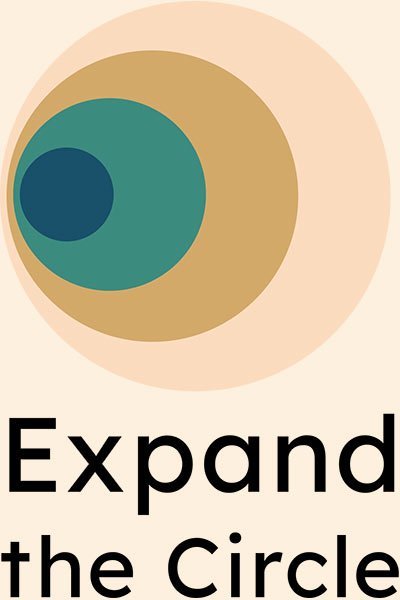Should I Seek an Autism Assessment as an Adult?
More adults decide to seek an autism assessment and diagnosis. There are various reasons people explore going through an autism assessment later in life:
Validation: To get recognition that their experience of the world is valid, that it’s OK to be different and experience the world differently
Greater self-understanding and acceptance: In Hannah Gadsby’s words: “Autism gave me a sense of calm and a framework to understand that I’m not broken, the world is”.
Access to formal benefits: A formal diagnosis might be needed to access formal support
But how do you actually go about getting an assessment (and hopefully getting a diagnosis)? There are several pathways available to people living in the UK.
Pathways to getting a formal autism assessment and diagnosis as an adult
There are three main ways of getting a clinical autism assessment in the UK:
funded through your employer’s Private Medical Insurance (PMI)
funded by the NHS
self-funded (privately)
Scroll down to learn more about each of the pathways.
Autism assessment via Private Medical Insurance (PMI)
Traditionally, assessment of neurodevelopmental conditions, including autism and ADHD, has been excluded from group medical insurance coverage. However, this has started to change in recent years and some providers have started to cover the cost of an assessment:
Aviva (via Lexxic) – from June 2022
Axa Health (via ProblemShared) – from October 2022
BUPA – intention to cover announced in November 2022
The benefits of choosing this pathway is no cost to you (covered by the insurer) and shorter waiting time compared to the NHS route. A potential small drawback is that you might not be able to choose a specific assessment centre.
Autism assessment through the NHS
To get an autism assessment through the NHS, you’ll need to speak with your GP who will decide whether to refer you. To prepare for an appointment, it will help getting familiar with the NICE guidelines for autism in adults first.
You won’t pay for the cost of the assessment (it is covered by the taxpayer). However, waiting lists are long and vary from 3 months to 3 years, depending on where you live in the UK. Having said, you could exercise your Right to Choose to speed up the process (ADHD UK explains the process very well, same process is used for autism and ADHD). It’s worth doing your research as it’s likely that you’ll need to guide your GP through the process.
Private autism assessment
This is the most expensive though also most likely the fastest route to getting an autism assessment. In addition, you can choose who to get your assessment with.
Costs vary heavily, from £600 to £3,000 depending on where you are based in the UK and the type and extent of an assessment. Do your research and check if a private diagnosis from the chosen assessment centre will be accepted by your GP, employer or education provider (if needed for these purposes).
Reasons NOT to seek a formal autism assessment and diagnosis as an adult
Every now and then, I get asked: “Do I need to go and get a diagnosis? I don’t think I’d benefit from getting one”. You absolutely don’t – if you are generally doing well and your current environment supports your needs, you might be happy with self-identifying as autistic.
Increasingly, self-identification is becoming more acceptable. It’s now being recognised that obtaining a formal diagnosis is often a privilege – whether that’s because of having the emotional resources to deal with the process or the financial resources to pay for a private assessment.
Having said that, whilst you don’t need a formal diagnosis to identify as autistic and participate in the autistic community, most formal support services in the UK still require a formal document confirming your diagnosis (for example, Disability Student Allowance grant).
Alternatives to getting a formal autism assessment and diagnosis
As well as self-identification, another way to get confirmation of your autistic way of being in the world is to opt for a non-clinical autism assessment. This has two main benefits:
It is considerably cheaper than a private medical assessment.
The language in the assessment report tends to be less deficit-focused and more balanced, looking at both the challenges and strengths.
You can find out more about non-clinical assessments on the Hendrickx Associates website.
Need more help deciding which assessment option is best for you?
Working with a specialist autism coach or mentor can make it easier to choose an autism assessment pathway that is most suitable for you and your life situation. I offer neurodiversity-affirmative autism coaching and mentoring for adults self-identified later in life. Some employers might even sponsor the cost of neurodiversity coaching for employees.
About the Author:
Alicja Nocon is the founder of Expand the Circle. Her mission is to empower late-diagnosed neurodivergent adults to contribute in the workplace on their own terms and for it to make business sense.
Alicja offers coaching and mentoring for neurodivergent adults and neurodivergent employees with autism or ADHD, neurodiversity training for organisations and enjoys speaking at panels and other events.
Related topics:


